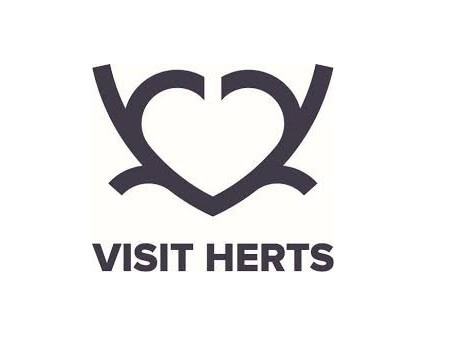Updated Guidance on Step 4

The Working Safely during coronavirus guidance for England has been updated to reflect the changes from step 4. Please see a summary of the contents of the guidance.
Priority actions to take
Six steps to protect yourself, your staff and your customers during coronavirus (COVID-19).
- Complete a health and safety risk assessment that includes risks from COVID-19. This should consider the points below in the rest of this guidance. It should also take into account any reasonable adjustments needed for staff and customers with disabilities. You should share your risk assessment with your staff. You can find more information in the section on risk assessments.
- Turn people with COVID-19 symptoms away. Staff members or customers should self-isolate if they or someone in their household has a new, persistent cough; a high temperature; or loses/has changes to their sense of taste or smell, even if these symptoms are mild. They must also self-isolate if they or someone in their household has had a positive COVID-19 result, or if they have been told to self-isolate by NHS Test and Trace. If you know that a worker is self-isolating, you must not ask or make them come to work.
- Provide adequate ventilation. You should make sure there is a supply of fresh air to enclosed spaces where there are people present. This can be natural ventilation through windows, doors and vents, mechanical ventilation using fans and ducts, or a combination of both. You should identify any poorly ventilated spaces in your premises and consider steps you can take to improve fresh air flow in these areas. In some places, a CO2 monitor can help identify if the space is poorly ventilated. Heritage locations should take into account the preservation of the building or artefacts displayed. You can find more information in the on section on ventilation and the HSE guidance on ventilation and air conditioning during the COVID-19 pandemic.
- Clean more often. Increase how often you clean surfaces, especially those that are touched a lot. Heritage locations should ensure cleaning materials and schedules are appropriate for historic surfaces and materials. You should ask your staff and customers to use hand sanitiser and clean their hands frequently, and provide them with advice to promote good hygiene.
- Enable people to check in at your venue. You are no longer legally required to collect contact details, however doing so will help to support NHS Test and Trace to reduce the spread of the virus. You can enable people to check in by providing an NHS QR code poster, though you do not have to ask customers to check in or turn them away if they refuse. If you display an NHS QR code, you should also have a system to collect (and securely store) names and contact details for those who ask to check in but do not have the app.
- Communicate and train. Keep all your workers, contractors and visitors up-to-date on how you’re using and updating safety measures.
These are the priority actions to make your business safer during coronavirus (COVID-19). You should also read the full version of the guidance relevant to your business.
Events and attractions
The visitor economy, heritage locations, organised events and performing arts guidance has been consolidated for step 4. The new events and attractions guidance will help businesses in these areas prepare for the move to step 4.
The guidance goes into detail on identifying risks and how to carry out a risk assessment (incl examples from Event Research Programme), managing your workforce including testing and vaccination and communications, reducing the risk for workers and visitors (additional measures such as face coverings, displaying NHS QR codes, considering using the NHS COVID pass to reduce transmission at venues or events), managing customers and audiences, practical advice on cleaning, hygiene and ventilation. There are also additional sections for heritage locations and event planning.
Restaurants, pubs, bars, nightclubs and takeaway services
To help businesses in England to prepare to move to step 4 of the roadmap, the updated guidance for people who work in or run restaurants, pubs, bars, cafes, nightclubs or takeaways also suggests ways to help keep customers safe, including, the use of the NHS COVID Pass to reduce the risk of transmission at your venue or event, how to manage security, managing service of food and drink at a venue, etc.
Hotels and guest accommodation
The guidance has been updated to help owners and operators of hotels and other guest accommodation facilities (including hotels, motels, pubs, B&Bs, short-term lets, guest houses, caravans, boats, campsites etc.) to help keep their customers safe, including information on communicating safety measures, displaying the NHS QR code, identifying areas of risk, considerations to avoid congestion, processes for guests who have to quarantine and practical information on cleaning, hygiene and ventilation.
New risk management template for event organisers
A resource to help event organisers to reduce the risk of COVID-19 transmission in event settings. The template sets out examples of the types of risk mitigation measures event organisers can put in place to reduce the risk of COVID-19 transmission at events.
This should be used in conjunction with the events and attractions guidance, which explains the types of events which may need to take additional measures and how these measures can help to reduce risk. It also includes more detail on how you can put these measures in place in different settings.
